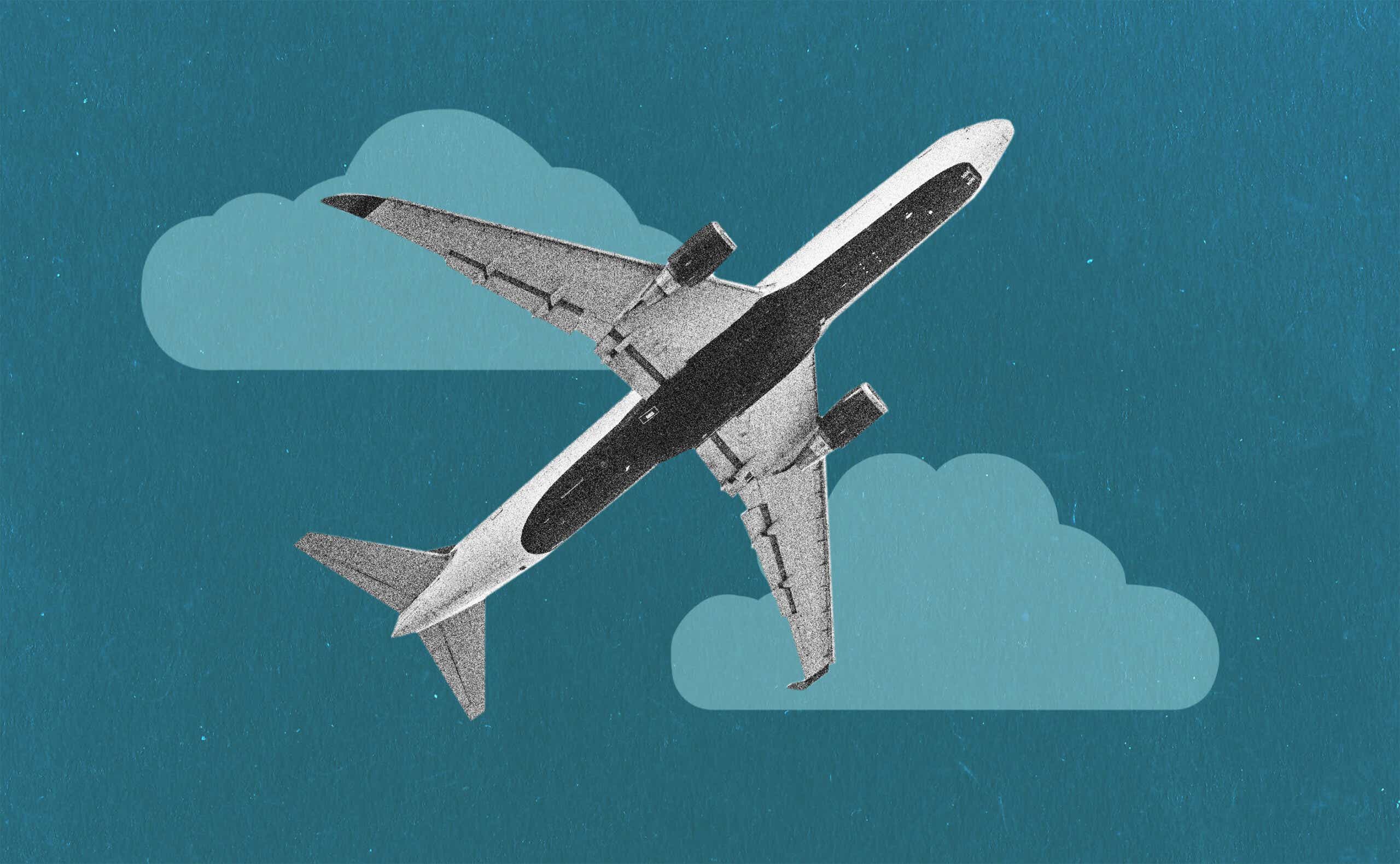Delta is the latest airline to cut dozens of daily flights this summer. We’ve got the scoop on just how much they’re scaling back, why other airlines have too, and what steps you should take if your flight’s been canceled.
What’s Delta’s deal?
The airline is cutting 100 daily flights, mostly in the U.S. and Latin America, from July 1 to Aug. 7, it announced on its website last week. It’s a strategic maneuver Delta hopes will help cut back on last-minute cancellations, which have been piling up this year because of Covid-19 related staffing shortages and have really rankled passengers.
What to do if your flight’s been canceled?
If you’re one of the unlucky passengers whose flight’s been nixed, Delta will notify you by email or phone. The airline says it will place you on the “next-best itinerary” to get you to your destination “with the shortest possible delay.” But if you’re unhappy with your new flights, Delta will offer you a refund or help you find a route that works for you. (And remember, under federal law you’re entitled to a full refund if you decide not to fly.)
The bigger picture
Delta’s joining the ranks of Southwest, Spirit, and JetBlue, which have all trimmed their summer schedules to avoid flight disruptions. Southwest axed about 20,000 flights through the season, JetBlue said it’s canceling between 8 percent to 10 percent of flights, and Spirit will cut about 5 percent of flights in June.
Across the board, U.S. carriers have been lacking for enough available employees, but especially pilots. Why? The pandemic slowed training and licensing of new pilots, while airlines gave early retirement packages to thousands of crew members to cut back on costs while air travel ground to a halt.
That’s created a national pilot shortage that could persist for years. CNBC reports that the crunch has gotten so bad several airlines are recruiting from Australia and there’s been talk of raising the mandatory retirement age by two years to fill the gap.
“The pilot shortage for the industry is real,” the United Airlines CEO said during an earnings call in April, “and most airlines are simply not going to be able to realize their capacity plans because there simply aren’t enough pilots — at least not for the next five-plus years.”









